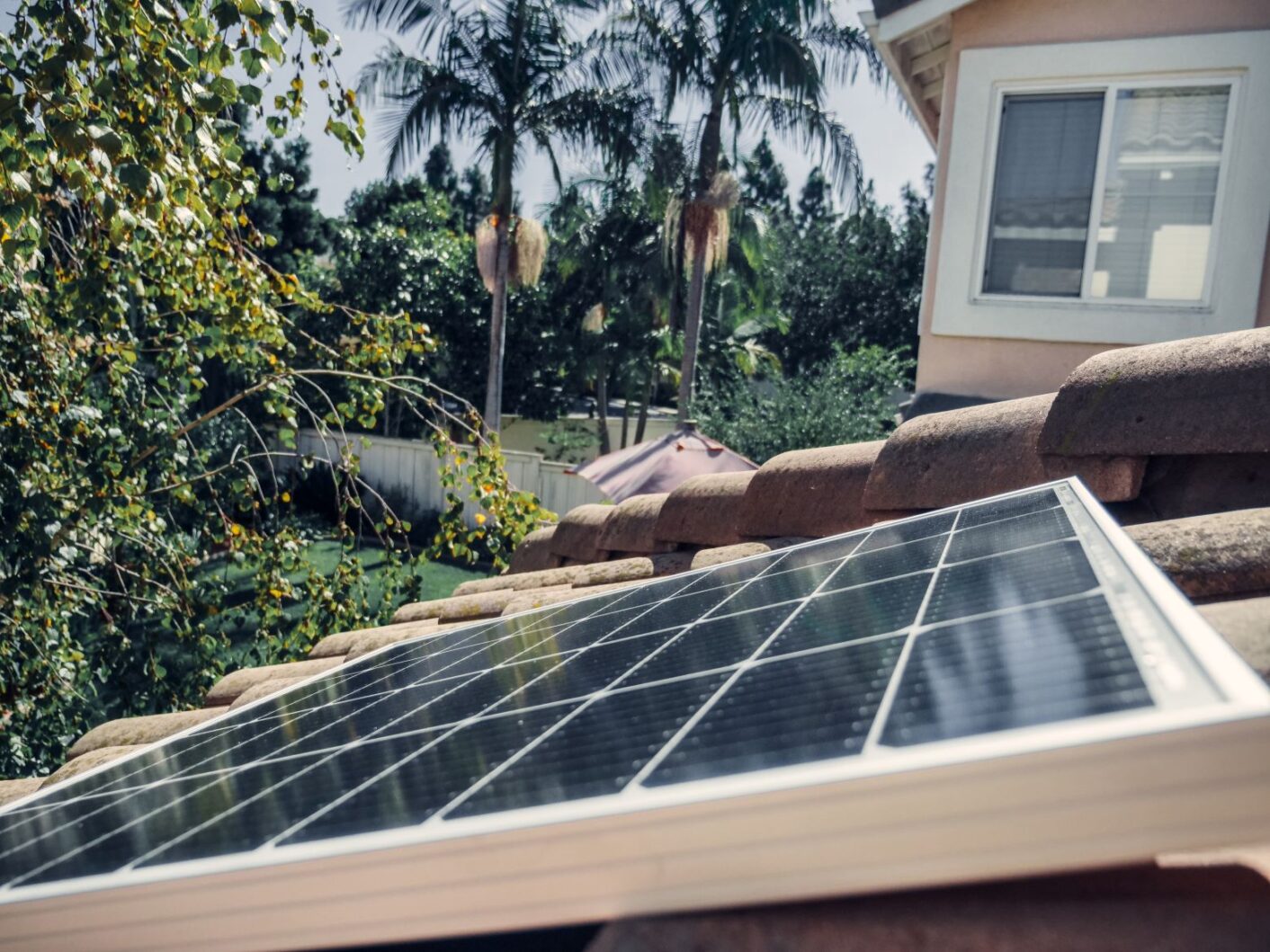As the world continues to grapple with the challenges of climate change and the need for sustainable energy sources, solar panels have emerged as a beacon of hope. Harnessing the power of the sun to generate electricity, solar panels have become increasingly popular in recent years. However, like any technology, solar panels come with their own set of advantages and disadvantages. In this article, we will explore the pros and cons of solar panels to help you make an informed decision about whether they are the right choice for you.
Pros of Solar Panels
- Renewable Energy Source: Solar panels harness the energy from the sun, which is a virtually inexhaustible and renewable resource. As long as the sun shines, solar panels can produce electricity, making them an environmentally friendly choice.
- Reduced Electricity Bills: One of the most significant benefits of installing solar panels is the potential for substantial cost savings on your electricity bills. Solar panels generate electricity that can power your home or business, reducing your reliance on grid electricity.
- Environmentally Friendly: Solar panels produce clean, green energy with no harmful emissions or pollutants. By using solar energy, you contribute to reducing greenhouse gas emissions and combatting climate change.
- Energy Independence: Solar panels provide a degree of energy independence. You are less vulnerable to power outages and fluctuations in energy prices when you generate your electricity.
- Tax Incentives and Rebates: Many governments offer financial incentives, such as tax credits and rebates, to encourage the adoption of solar panels. These incentives can significantly reduce the initial cost of installation.
- Low Maintenance: Solar panels require minimal maintenance. Regular cleaning and occasional inspections are usually sufficient to keep them operating efficiently. They often come with warranties that can last up to 25 years or more.
Cons of Solar Panels
- High Initial Cost: The upfront cost of purchasing and installing solar panels can be substantial. While incentives and rebates can help offset some of these costs, it may take several years to recoup your investment through energy savings.
- Intermittent Energy Production: Solar panels are dependent on sunlight, which means they produce energy only during daylight hours. Energy storage solutions like batteries can mitigate this issue but add extra costs.
- Space Requirements: Solar panels require a significant amount of space, which may not be feasible for some homes or businesses with limited rooftop or land space.
- Weather-Dependent: Weather conditions can affect solar panel performance. Cloudy days, heavy snow, or shading from trees or buildings can reduce energy production.
- Aesthetic Considerations: Some people find solar panels unattractive and believe they detract from the appearance of their homes or buildings. However, the aesthetics of solar panels have improved in recent years.
- Environmental Impact: While solar panels themselves are environmentally friendly, the manufacturing process involves the use of energy and materials, which can have an environmental impact. Additionally, the disposal of old solar panels can be problematic.
Conclusion
Solar panels offer numerous advantages, from reducing electricity bills to lowering your carbon footprint. However, they also come with challenges, such as high initial costs and intermittent energy production. Deciding whether solar panels are right for you depends on various factors, including your location, energy consumption, budget, and environmental priorities.
Before investing in solar panels, it’s crucial to conduct a thorough evaluation and consult with professionals in the field. As technology advances and becomes more accessible, solar panels are likely to become an even more attractive option for individuals and businesses looking to transition to clean and sustainable energy sources.





